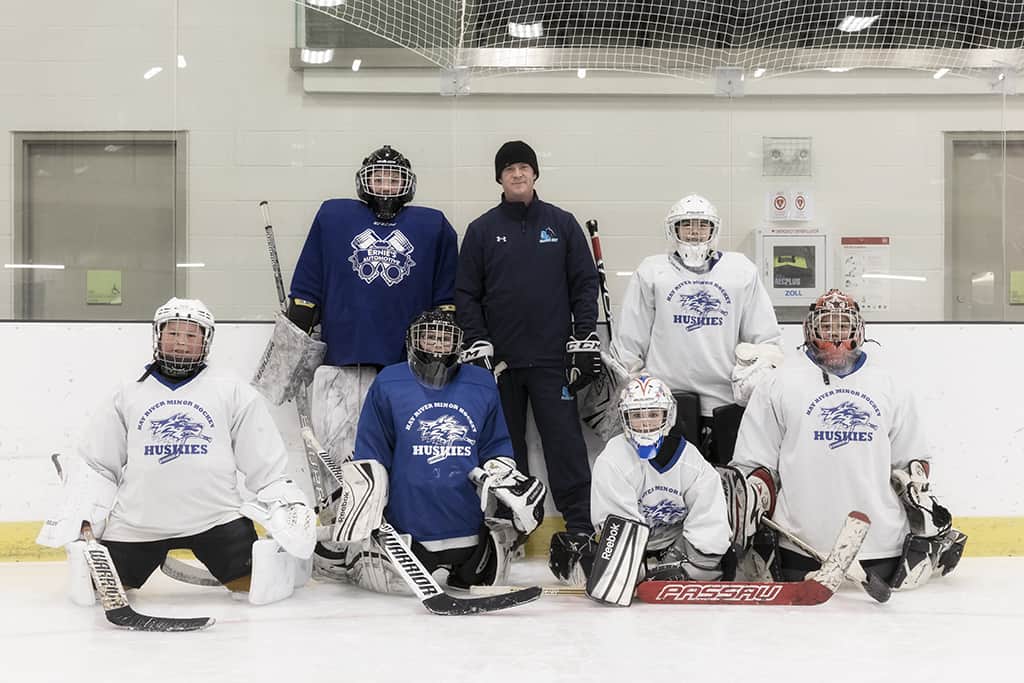Building capacity for evaluation
While often overlooked, students and volunteers can be great human resources for conducting evaluations in sport. To harness these resources, partnerships between sport organizations and researchers in university-based settings are a good place to start. Researchers can collaborate with sport organizations to build capacity in students and volunteers, while leveraging the diverse experiences and knowledge…
2021 year in review: How SIRC embraced the “new normal”

After 2020 surprised us all with a global pandemic, many of us looked to 2021 with hope for a gradual return to our pre-pandemic “normal.” And with the widespread rollout and uptake of COVID-19 vaccines across the country, the activities that we put on hold as the pandemic unfolded, from social gatherings to travel, began…
COVID-19 program adaptations
Sport organizations were challenged to adapt their programming during the COVID-19 pandemic, offering unique opportunities for program evaluation. While organizations that paused their programs had a chance to step back and formulate new evaluation questions, organizations that changed their programming reported an increased value of evaluation due to shifts in program goals or delivery.
Cultural competence
Culturally competent sport and physical activity program leaders, staff and volunteers are the cornerstone to creating welcoming and inclusive environments for all participants, regardless of their background. Culturally competent individuals are culturally aware, value diversity and align programming with the cultural values of program participants.
Student-led evaluation
Partnerships between universities and sport organizations are a great way to build capacity for activities such as evaluation. For instance, under the mentorship of academic and community leaders, students can put their knowledge and skills into practice to support evaluation practices in sport organizations while achieving their academic requirements. Learn more about engaging students in…
Programs for urban Indigenous youth
Urban Indigenous youth face several barriers when accessing sport and physical activity programs, including experiences of racism and a lack of supportive networks. All-Indigenous programs that prioritize the needs of Indigenous youth and offer opportunities for coaching and mentorship from trained, culturally sensitive leaders may help to reduce these barriers.
Evaluation through storytelling
Engaging stakeholders in the communication of evaluation data can offer a relatable and culturally relevant lens to ensure that the findings are meaningful for diverse audiences. One way to do this is through storytelling. Learn more about how to share data through stories in the SIRC Blog.
A real-life Moneyball: How to identify, select and integrate members into your team

Whether people are baseball fanatics or just Brad Pitt fans, they’ve most likely seen the film Moneyball. It’s based on the true story of Billy Beane, the former General Manager of the Oakland A’s in Major League Baseball (MLB). Beane changed sport recruitment forever with his use of statistics to scout talent, choose players, and establish…
How 2 sports came together to enhance player development in the North

From February 23 to April 4, 2021, in Hay River, Northwest Territories, 7 minor hockey goalies traded in their hockey sticks for table tennis rackets. In an exciting collaboration between Table Tennis North, Table Tennis Canada, Hockey NWT, Hockey North, Hay River Minor Hockey and the Sport Information Resource Centre (SIRC), the goalies participated in a 6‑week table…
Data-driven decision-making: Easy as 1, 2, 3

In 2017, The Economist boldly published that data, not oil, was the world’s most valuable resource (Parkins, 2017). Sport organizations produce more data than most organizations, ranging from athlete training and performance tracking to business-related information, such as memberships and participation data (Hayduk, 2020). National and provincial/territorial sport organizations (NSOs and PTSOs) are producing and…